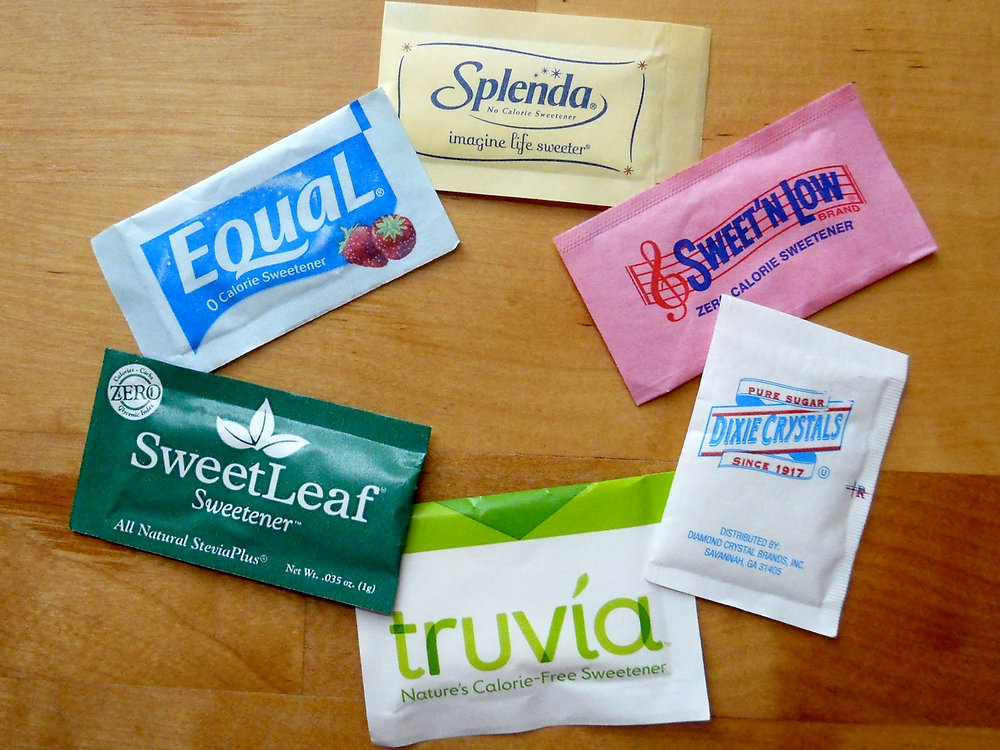In a world where sugar is often criticized for its role in the global obesity epidemic, artificial sweeteners have been portrayed as both potential saviors and villains. From saccharine to sucralose, these sugar substitutes offer the sweetness of sugar without the calories, but they have also faced scrutiny and doubt.
Are they secretly harming our health in ways we do not yet understand, or are they valuable tools in the battle against diabetes and obesity? A groundbreaking study by the University of Leeds and The Rhône-Alpes Research Center for Human Nutrition, as part of the SWEET consortium, has provided new insights into this controversial issue.
The study, a double blind randomised controlled trial, stands as a beacon of clarity in the murky waters of nutritional science. It found that replacing sugar with artificial and natural sweeteners does not increase appetite – a common concern among skeptics – and even offers some added benefits like lowering blood sugar levels. This finding is crucial, especially for individuals at risk of developing type 2 diabetes.
For years, the debate has raged on: do sweeteners trick the body into craving more food, thereby leading to weight gain and negating their zero-calorie advantage? Previous studies have offered conflicting reports, failing to provide the robust evidence needed to settle the debate.
However, the University of Leeds-led research has finally brought us closer to a consensus by meeting the “gold standard” level of scientific proof. The conclusion is clear: sweeteners and sweetness enhancers do not negatively impact appetite and offer a viable strategy for reducing sugar intake.
This trial looked at 53 adult men and women with overweight or obesity, assessing the effects of consuming biscuits sweetened with either sugar, the natural sugar substitute Stevia, or the artificial sweetener Neotame. Significantly, the study ventured beyond the realm of beverages – the typical focus of such research – to include food items, offering a more comprehensive view of how sweeteners might affect our diets.
Contradicting the fears of many, the study showed that the consumption of sweeteners led to similar reductions in appetite sensations and appetite-related hormone responses as their sugary counterparts. Moreover, insulin and blood sugar levels were lower after eating the sweetener-containing biscuits, suggesting an added advantage beyond merely reducing calorie intake.
Catherine Gibbons and Graham Finlayson, leading researchers on the project, emphasized the importance of this study in the context of public health. They highlighted the widespread use of sweeteners as a dietary strategy to combat the obesity epidemic and the rising rates of metabolic diseases. Their findings challenge the high-profile publications that have linked sweetener consumption with various health risks, providing evidence that supports the day-to-day use of sweeteners for body weight and blood sugar control.

As part of a broader effort to understand the implications of switching to sweeteners and sweetness enhancers, the SWEET consortium, funded by Horizon Europe, aims to develop and review evidence on the long-term benefits and potential risks. This study marks an important milestone in their mission, suggesting that sweeteners can be a helpful tool in the global fight against obesity and diabetes without leading to increased appetite or energy intake.
It’s crucial to note, however, that while this study offers promising evidence in favor of sweeteners, the debate is far from settled. Research from the University of Sydney’s Charles Perkins Centre and the Garvan Institute of Medical Research, for instance, has highlighted the complex ways artificial sweeteners might influence appetite and taste perceptions through their effects on the brain. Their findings, showing that chronic exposure to sucralose led to increased calorie consumption in animals, remind us that the body’s response to sweeteners can be intricate and unpredictable.
In the quest for a healthier diet and a sustainable way to combat the obesity epidemic, artificial sweeteners have emerged as a double-edged sword. On one hand, they offer a way to enjoy the sweetness we crave without the caloric burden of sugar. On the other, their long-term impact on health and appetite remains a topic of ongoing research and debate. The University of Leeds study represents a significant step forward in our understanding, suggesting that when used judiciously, sweeteners can play a positive role in managing diet and health. As with all things in nutrition, the key lies in balance, moderation, and making informed choices based on the best available evidence.
Related posts:
Harvard T.H. Chan School of Public Health
Study Debunks Myth: Sweeteners Don’t Increase Appetite, Help Reduce Blood Sugar





